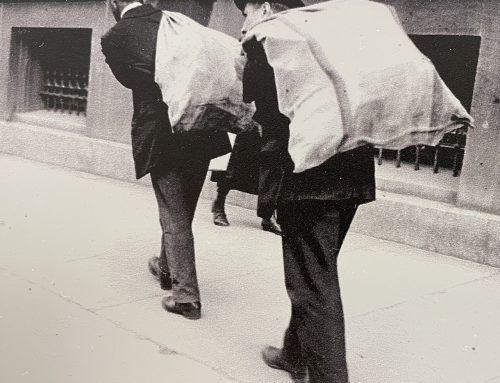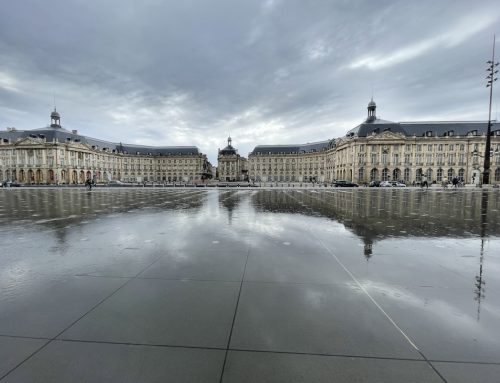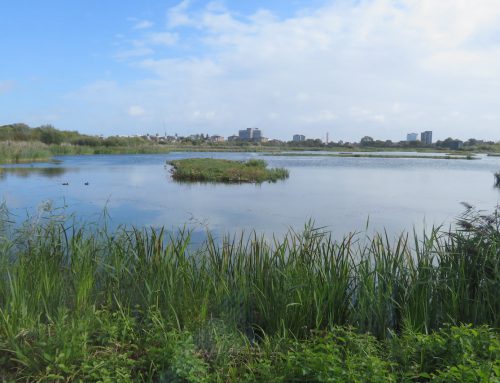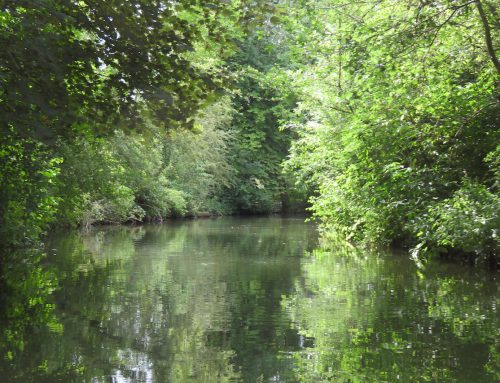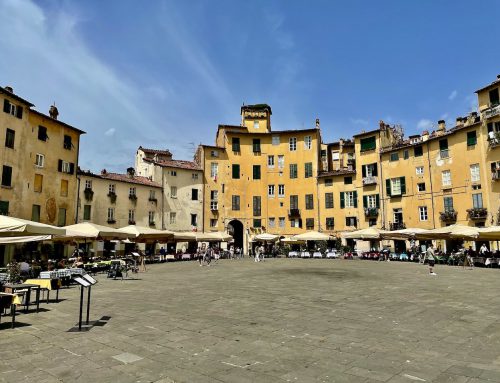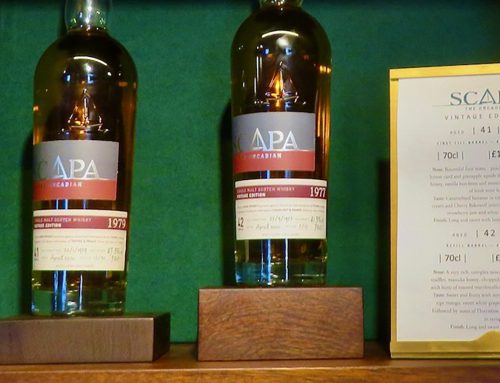It ain’t all good
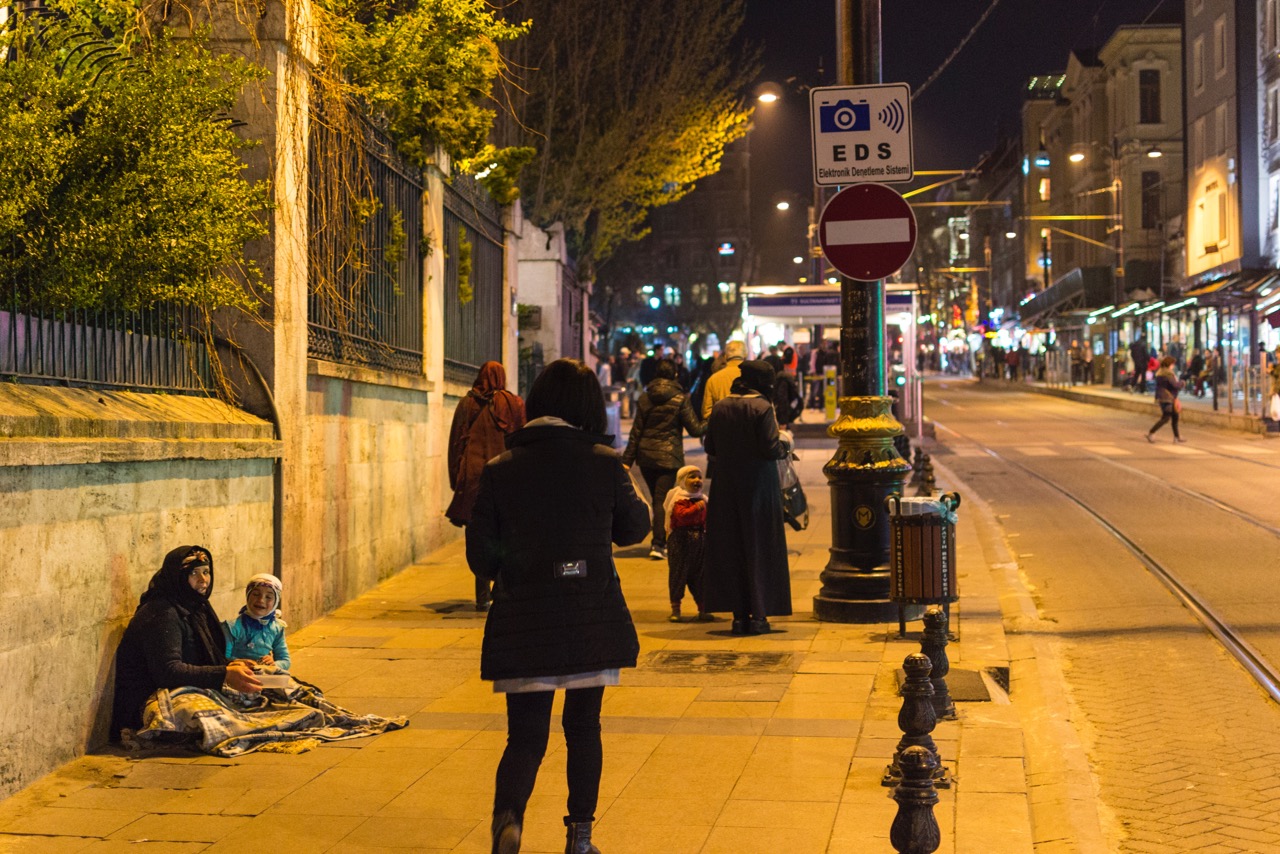
Refugee mother and child alongside the more fortunate on the streets of Istanbul.

Refugee mother and child alongside the more fortunate on the streets of Istanbul.
Istanbul, Turkey
There is a mismatch in Turkey, at least Istanbul in particular; the politicians say one thing, the people say another. Mind you, I suppose folk worry that if real facts were to emerge an already hard-hit tourist industry might disappear altogether.
The Istanbul I remember, and I have been there umpteen times over at least half a century, was one of winding streets, manageable traffic if any at all, a guaranteed rip-off in a nearby bazaar and food you could die for. Happily, the yummy food remains. Simply do not go to the Ottaman Empire’s ancient capital if you have thoughts of dieting and stay miles away from sütlaç, the chilled rice pudding I can down by the lorry load. At least I guzzle away before falling into terminal depression once I stand on the bathroom scales. So, Istanbul’s fodder? Brilliant, wonderful, as near ecstatic as you can get. The grub, at least, has not changed since my once youthful frame walked the city’s streets, looking for friends, itself, the occasional hamam, and struggled to learn the Turkish language. The latter I failed to achieve, for some reason becoming proficient in French instead.
But now the place is different. More modern for sure but no longer will I walk through the streets at night and in most places I sense that atmosphere of unease as politics teeters on a precipice. No wonder Turkey’s head honcho, President Recep Tayyip Erdoğan, has threatened to open his borders to the 2.5 million refugees who can then flood a struggling Europe. He must do something as dissent is on the rise. Indeed, the Eurozone’s refugee crisis may only be at its beginning. Anyway, I have yet to find a Turk who wants to join the European Union, whatever the politicians may say. A Turk is a Turk, and proud of it, too.
Throughout the land, Istanbul’s Asian side in particular, zones they call “Little Syrias” have appeared and the city’s 14 million population has increased by a further 350,000. That is a serious rise, especially when the total capacity of all Turkey’s refugee camps is no more than 200,000. The newcomers have got to go somewhere, so onto the streets and wastelands of Turkey’s cities they appear. No wonder the locals are unsettled. The native Turk, at least those with whom I have talked over several litres of dense coffee and raki, has two faces. There is the public image of charity, the we-must-do-something façade. These are a genuinely charitable and religious people. Yet there is a private image, too, the one reserved for behind closed doors. For sure, not-in-my-backyard nimbyism is rife in Turkey. Why should a young Turk sacrifice a place at University because a war-torn survivor has been allocated their slot? Think I am joking? No sir. It has happened, is happening and the Turks are hardly dancing with glee.
With such troubles comes crime, so the crime rate in Istanbul has risen to high levels in the past three years, bribery and corruption being rife. Not everything is bad, of course. Car crime is particularly low. After all, who would wish a car on anyone in Istanbul? The city demonstrates perfectly how not to go anywhere on four wheels. It is hardly the place to consider a quick getaway. In 2015, Istanbul was the most congested city in the world. A year later it is now number 3. But hey, yippee, that is an 8% improvement on the year before. The place not to be is Mexico City, which heads the list of going-nowhere cities by a considerable margin.
No wonder that Turkey stands accused of returning refugees to Syria and making asylum claims difficult, at times impossible. Europe’s refugee rules do not apply to Turkey. Even if you have escaped war-torn Aleppo by the skin of your teeth, staggering across the nearest frontier barely able to cope, in Turkey you are not a refugee, you are a displaced person. That is very different from what Europe calls a refugee. It also means you are fair game for anything and had best be on your guard. A few refugees, whoops sorry, displaced persons, have even been shot dead.
To add to this mayhem, the baddies have had a go at Istanbul, too. They seem quite keen on pedestrian suicide bombings, perhaps because a vehicle laden with explosives would simply end up stuck in one of Istanbul’s many traffic jams. Nabil Fadli, a 28-year-old Syrian, bumped himself off for ISIL on the 12th January 2016, right outside the Blue Mosque. It escapes me why they do these things. Thirteen tourists perished as a result, 12 Germans and a Peruvian. Yet well done the tourist guide on site, who spotted the assailant standing beside another group. Fadli had hesitated and was acting shadily, in a major way. So, when the guide saw him head towards her own group, then struggle with his detonator, she screamed a warning to her charges. More than half of her 33-strong party survived by running for their lives. Nabil Fadli ended up in pieces while shrapnel peppered the ancient Obelisk of Theodosius as well as folk nearby. No wonder Turkey has taken a tourist hit, seeing 42 million visitors in 2014, 36 million in 2015 and is headed downwards in real time. Many guides have lost their business and some have had to think of alternative careers. Plenty have returned home to live with Mum and Dad. At best an Istanbul tourist guide has seen a recent decline of 85%, whatever public data may declare.
Yet ask the guides why and most will not blame ISIL. They will point the finger at the 15th July 2016 coup. Now there’s a story that will perhaps one day be told. After all, why would a senior CIA official be holed up in the Splendid Hotel of Prince’s Island, just offshore from Istanbul, on the 15th July? And why was he attending meetings in a special room until the morning of the 16th? You tell me. Erdoğan meanwhile made it to Iran’s Tabriz and within hours crowds were on the streets and the coup was over, followed by 70,000 arrests. Subsequently folk declared that the CIA bod was near Istanbul for a pre-arranged meeting which just happened to be taking place at the same time. Believe it? Your decision. One thing is for certain. There is something going on in Turkey’s Istanbul and sadly it ain’t all good.
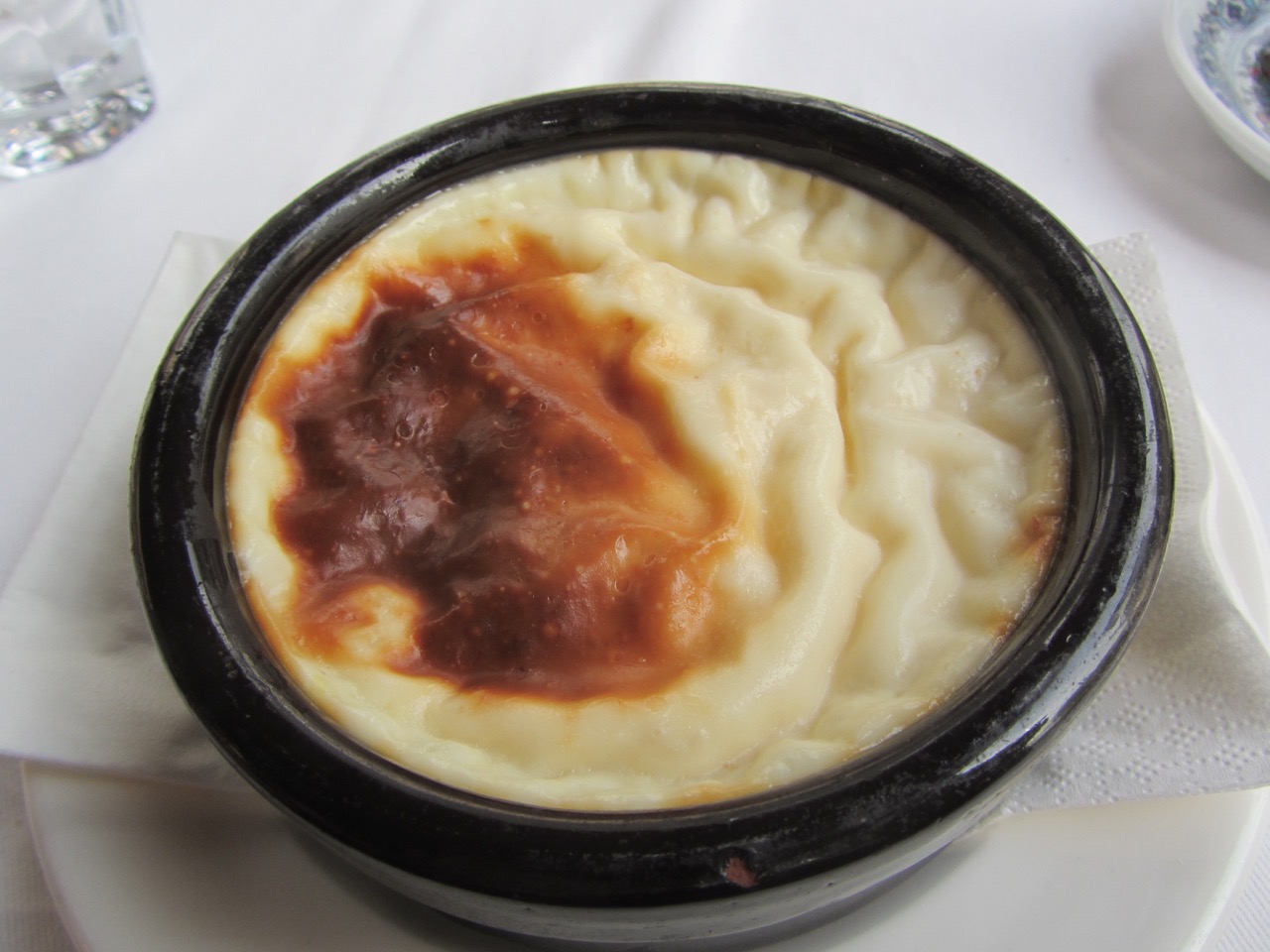
Sütlaç - just don't go there if you have any thoughts of sticking to a diet.
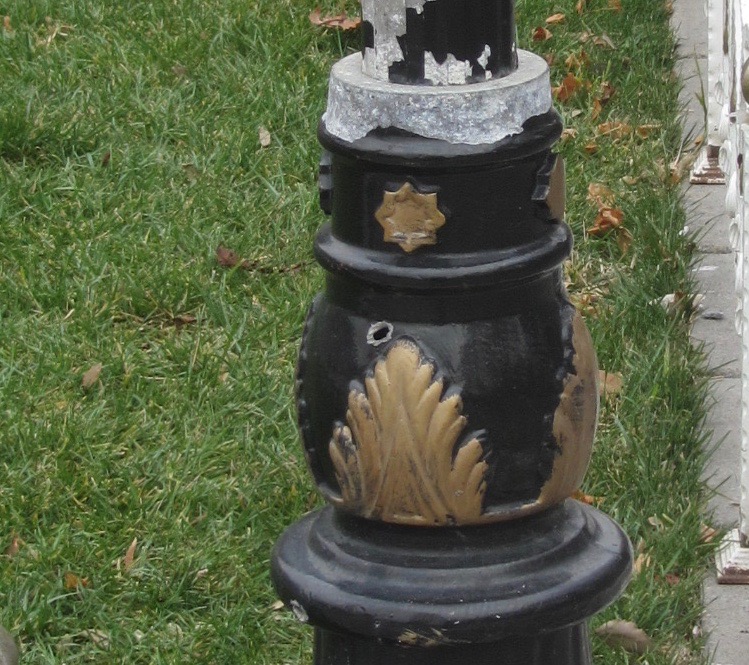
See that hole in the lamp post dead centre Shrapnel from an ISIL bomber did that.
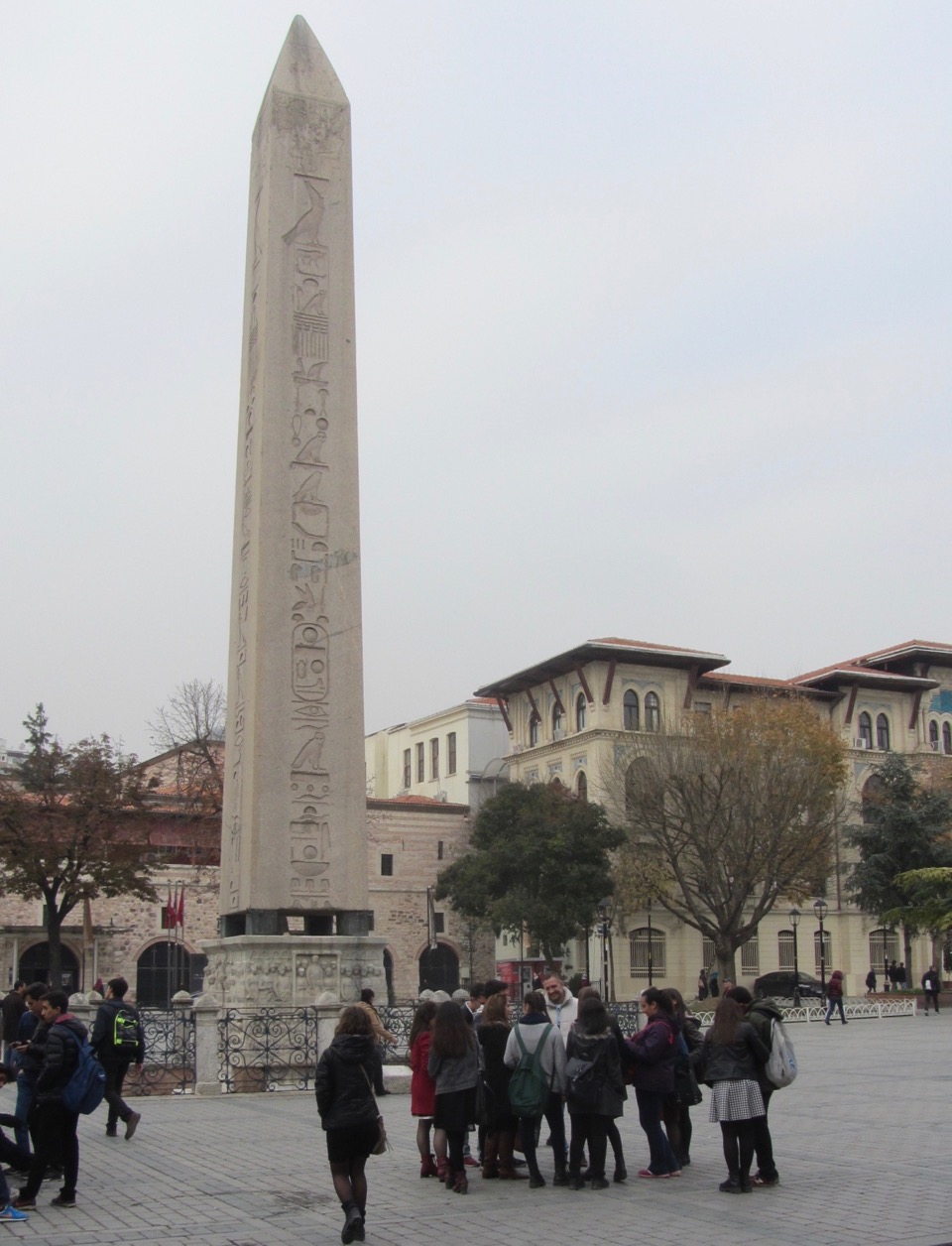
Blissful in their ignorance. A group of tourists stands where 13 of their number died ten months earlier.

